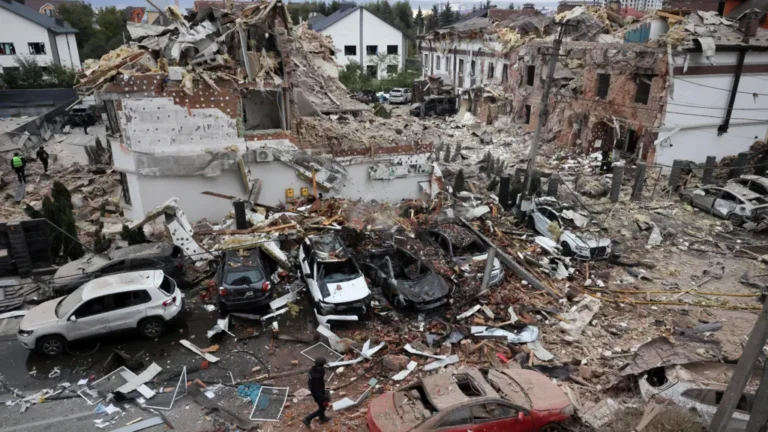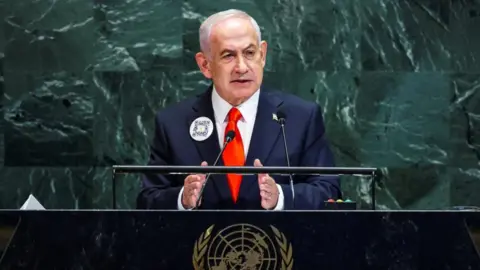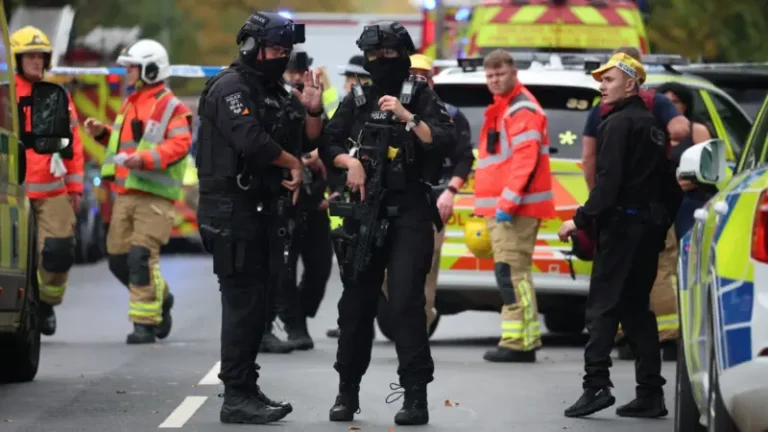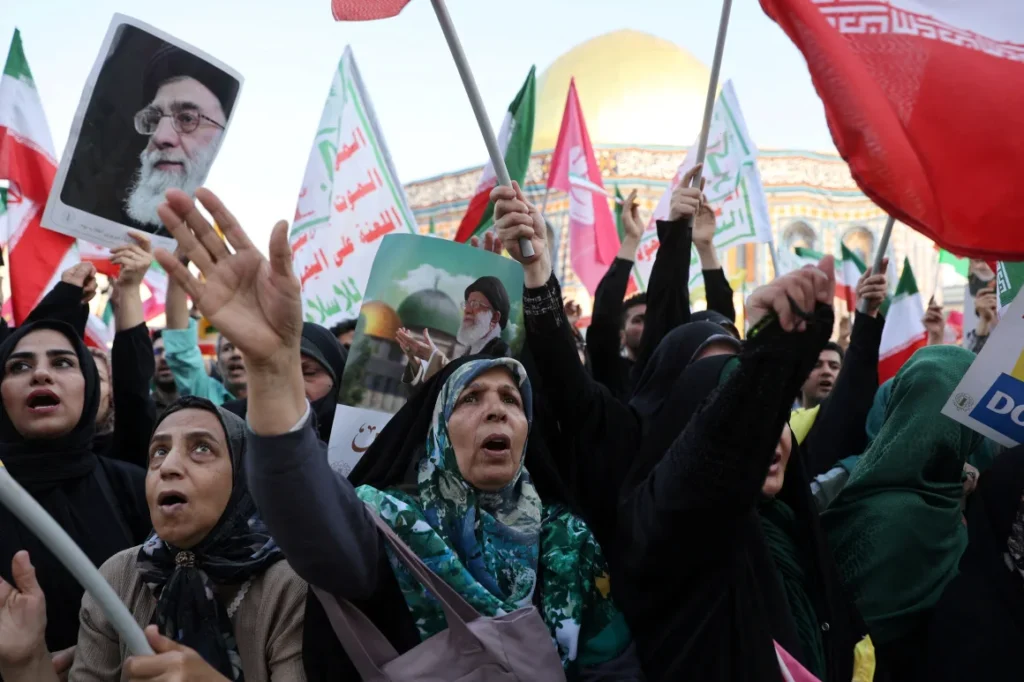
People attend an anti-Israel rally in Tehran on Saturday, following the Israeli strikes on Iran
🇮🇷 A Nation on Edge
Tensions between Iran and Israel have reached new heights, sparking widespread fear among Iranians. With Israeli strikes targeting locations across the country, including the capital Tehran, many residents are leaving urban areas for what they hope are safer rural regions.
Residents of affluent neighborhoods like Saadat Abad in northern Tehran have described terrifying nights marked by powerful explosions. “The blasts shook our entire building,” one resident told CNN, requesting anonymity due to safety concerns. Families rushed downstairs after smelling smoke from nearby strikes, struggling to comfort their children amid chaos.
A Capital Ill-Prepared
Unlike Israel, Iran’s capital lacks modern bomb shelters. In the face of renewed threats, Tehran is relying on infrastructure from past conflicts—basements, old war-era bunkers, and the metro system, which is now open 24/7 for emergency shelter.
Read Also: At Least 82 Dead as Israeli Airstrikes Pound Gaza, Rescuers Say
“We would need to shut the system down to use it in a full crisis,” said Mehdi Chamran, Chairman of Tehran’s City Council. Schools and mosques have also been opened as temporary shelters.
Mass Exodus and Gridlock
As fear mounts, highways leading north toward the Caspian Sea—seen as a safer haven—are clogged with vehicles. Residents report hours-long traffic jams, with many families packing cars with essentials like food, water, and baby supplies.
“I didn’t want to leave my home,” said one father fleeing Tehran with his children and elderly parents, “but I won’t put my family in this position.”
Cities in Crisis: Daily Life Disrupted
Tehran:
- Shops closing early or not opening at all
- Limited cash withdrawals at some ATMs
- Gasoline rationed to 25 liters per car
- Grocery stores stocked for now, but panic buying is on the rise
Shiraz:
- Long gas lines forming across the city
- Residents stockpiling food, water, and diapers
- Families seen heading for the countryside with packed vehicles
Israel’s Escalation and Iran’s Response
Israel’s latest military campaign, reportedly with tacit U.S. approval, is expected to last “weeks, not days.” Prime Minister Benjamin Netanyahu has vowed to strike every target tied to Iran’s regime, including weapons sites embedded in residential areas.
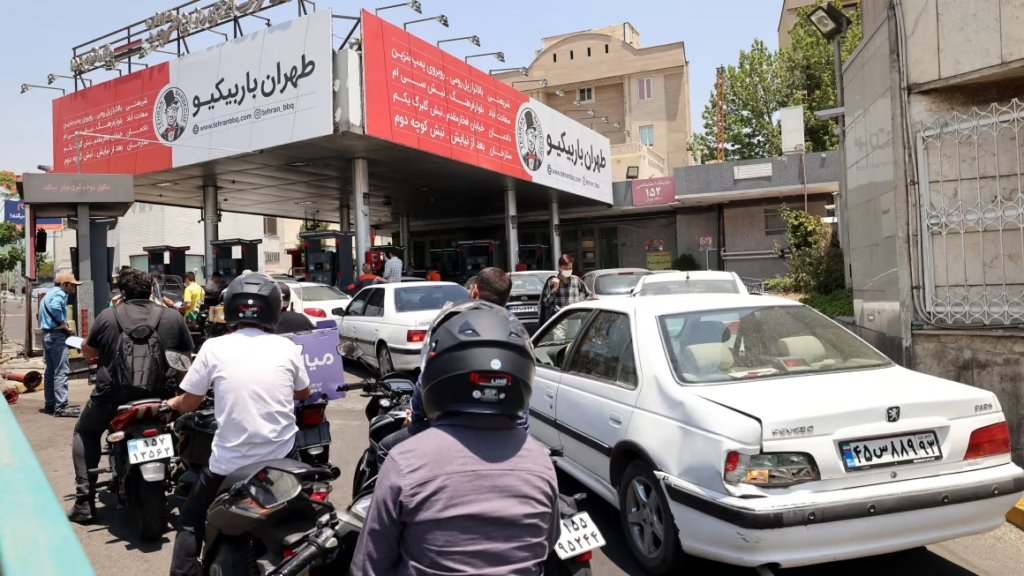
Israel has issued evacuation notices to Iranians living near military production facilities, warning that their proximity endangers lives.
In response, Iran has launched over 200 rockets into Israel, killing at least 13 people, including three children. Iranian state-linked media reports dozens of fatalities and injuries from Israeli strikes, though official numbers remain unconfirmed.
Netanyahu’s Message: Rejected
In a rare public appeal, Netanyahu called on Iranian citizens to rise up against their government, but the response from ordinary Iranians was unified and defiant.
“Do I wish the regime wasn’t in power? Yes. Do I want my city bombed by another dictator? Absolutely not,” said Neda, a 28-year-old resident of Tehran.
Many Iranians resent both the regime and the Israeli attacks but reject external calls for revolt. “Israel is underestimating our love for our country,” said another resident. “We want peace, whether we like our government or not.”
Civilian Danger and International Outcry
Analysts warn that targeting residential areas has “crossed the Rubicon,” potentially setting off more severe retaliation from Iran. Iranian civilians are paying the highest price, caught between geopolitical power plays and aerial bombardments.
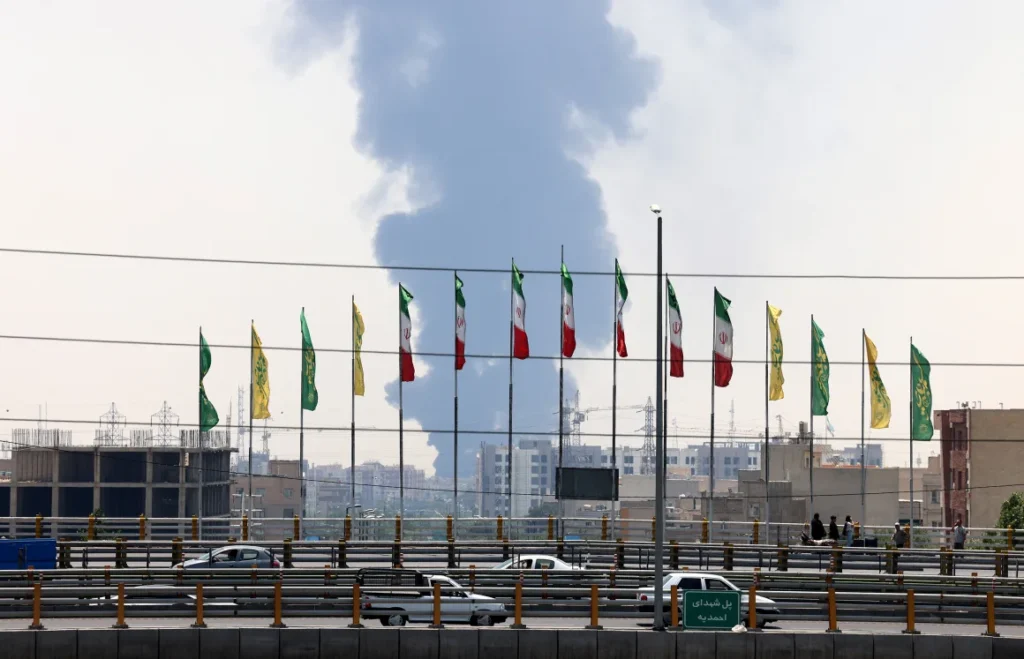
Calls are growing for the U.S. and international community to de-escalate the crisis. “I hope the U.S. steps in before more people die,” said a father fleeing Tehran with his family.
Key Takeaways
- Iran lacks modern shelter infrastructure, pushing citizens into metro stations and war-era bunkers.
- Fear and uncertainty are driving people out of major cities, especially Tehran.
- Israel’s targeting of residential areas is raising global alarm and intensifying Iranian retaliation.
- Despite frustration with their government, most Iranians reject foreign intervention or forced regime change.
Frequently Asked Questions (FAQ)
Why is Israel attacking Iran?
Israel claims it’s targeting Iran’s nuclear facilities and military infrastructure due to concerns over nuclear weapons development and Iran’s support for groups like Hamas.
Are civilians being targeted?
While Israel states it’s attacking military targets, many of these are embedded in populated neighborhoods, resulting in civilian casualties and destruction of homes.
How are Iranians protecting themselves?
Most cities lack modern bomb shelters. Citizens are taking refuge in basements, old war shelters, or metro stations now open for emergency use.
What can the international community do?
Many Iranians hope for diplomatic intervention to stop the conflict and prevent further civilian suffering.
Final Thoughts: The Human Cost of Conflict
This crisis is not just a geopolitical showdown—it’s a human tragedy unfolding in real time. Civilians on both sides are paying the price, and unless diplomatic solutions are prioritized, the consequences may grow even more catastrophic.
📩 Stay informed and support verified humanitarian efforts where possible.


